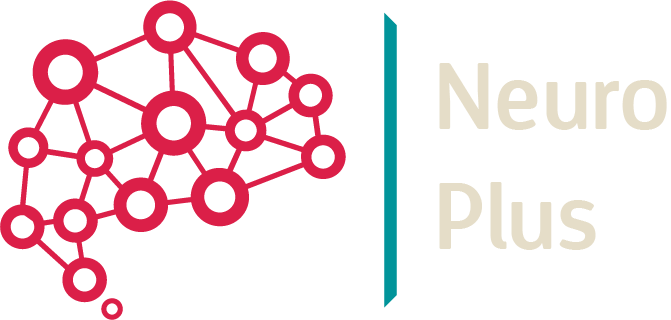Neurodiversity
Atypicalism constitutes a color of being, a different way of apprehending beings and things. Atypicality is the sign of a brain that functions outside the field of the classic individual, drawing the geography of a new individual, with multiple faces and numerous skills that are often misunderstood.
Too often, ignorance, myths and prejudices imprison neuro-atypical people in aspects of incapacity, deficiency, illness, and deficiency, which excludes them from the public and social scenes. However, every day, people with disabilities contribute to the development of our society, of which they are an integral part. Their beautiful personal qualities, their many talents that are not sufficiently exploited, their vision of the world, their different ways of being are so rich that they deserve to be put forward and, without a doubt, will seduce many employers. They have so much to offer!
Giftedness or high intellectual potential :
There is no consensus on the definition of giftedness. It is generally accepted that giftedness is a cognitive overachievement and an extraordinary capacity in the interaction between three components of abilities: high intellectual aptitude (reasoning, abstract thinking...), creativity (original creations, innovative solutions to complex problems...) and involvement (interest, motivation, need for accomplishment...). In the workplace, those who are sometimes called "zebras" are creative, adaptive, curious, intuitive, independent, resourceful, and always in solution mode. They are particularly fond of stimulating work environments that offer them the opportunity to express their many talents in a variety of fields such as helping people, the arts, innovation and foresight.
Autism/Asperger's :
A lifelong neurodevelopmental condition that reflects a way of being that induces different patterns of functioning, cognition, emotional sensitivity, and social interactions. Sensory hypersensitivities, routines and consuming passions are commonly observed. Social codes are not innate and need to be clearly articulated. The autistic/Aspergerian person has many assets to be valued in employment: great loyalty and honesty, frankness, diligence, reliability, meticulousness, great respect for rules and instructions, attention to detail, great intellectual curiosity. For companies, these people are an added value and are particularly at ease in employment fields such as information technology, video game programming/design, engineering, teaching, animal causes, ecology, arts and entertainment as well as in medical-psychological and social sectors.
Tourette Syndrome :
A permanent neurodevelopmental condition often accompanied by anxiety and expressed by more or less visible involuntary muscle contractions (very frequently: throat clearing, coughing, shoulder shrugging, eye blinking). It can sometimes be accompanied by verbal tics, which appear in certain contexts. In a caring, reassuring and rigorous work environment, these are people who will offer the full measure of their many talents in a wide variety of fields: medicine, engineering, law, journalism, computer science.
Attention Deficit Disorder (ADD) :
Refers to the characteristics of a person for whom maintaining attention over a long period of time can be difficult. Attention Deficit Hyperactivity Disorder (ADHD) refers to a person who is sometimes hyperactive or hyperreactive and has persistent attentional difficulties in all daily tasks. These are people who excel in challenging work environments or who require a lot of movement in customer service, medical fields, performing arts, outdoor work.
Learning Disabilities :
According to the WHO, this term refers to a lifelong condition of neurological origin that poses a number of challenges in the understanding, acquisition and processing of verbal or non-verbal information. In order to develop their full potential in employment, several simple and effective strategies can be considered.
- Dysphasia :
A persistent neurological condition that refers to language development: challenges in expressing and/or understanding the verbal message, regardless of its mode of delivery: oral or written. The strengths of dysphasic individuals are oriented towards manual and/or relational occupations requiring concrete achievements. - Dyspraxia :
A persistent neurological condition that refers to motor development: challenges in coordination, automation, and sequencing of mundane everyday actions. Gripping a writing instrument, for example, can be challenging. Dyspraxic people are particularly efficient in fields such as personal services, information technology, and artistic creation. - Dyslexia :
A specific and lasting neurological condition that appears in children and adolescents (some authors also call it developmental dyslexia). Its causes are not sufficiently clear and are the subject of much study and debate. Dyslexia results in varying degrees of difficulty in spelling words, reading quickly, writing, reading aloud or understanding what is read. Dyslexics often choose to pursue careers with a strong exploration dimension: artistic professions, architecture, engineering, entrepreneurship... Careers where their creativity can be expressed.
